This book takes a historical and analytic view of foreign policy making by the US toward South Asia, with special emphasis on the imperial presidencies of Lyndon Johnson, Richard Nixon and George W. Bush. Analysing the role of imperative and deliberative coordination in the making of US foreign policy, it examines the difficulties of coordinating policies across several divides–from crises to more routine situations, from one function to another, from one state to another in the region, and from regional and functional to global or strategic considerations. The case studies deal with the breakup of Pakistan and President Johnson’s short – tether policy. The book will be of great interest to policy makers, diplomats and scholars of international relations.
Romanticism’s Child: An Intellectual History of James Tod’s Influence on Indian History and Historiography
The fascination of Colonel ...
$31.28
$34.75

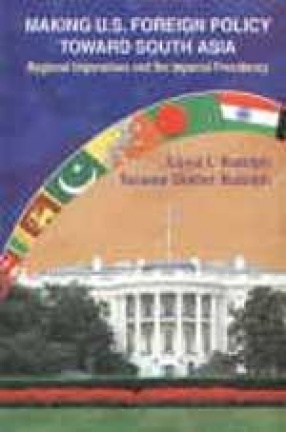
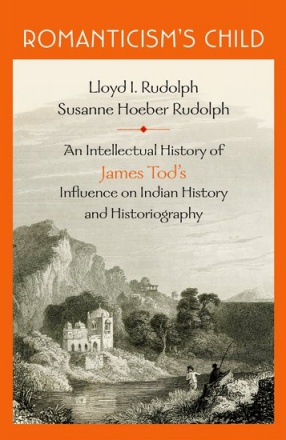
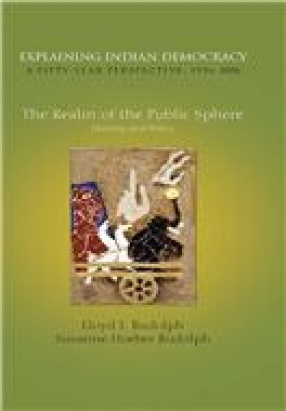
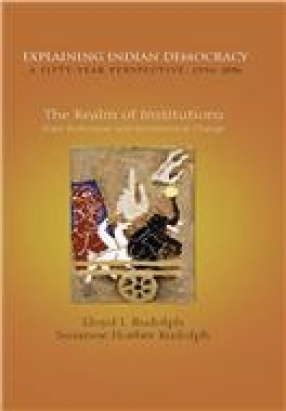


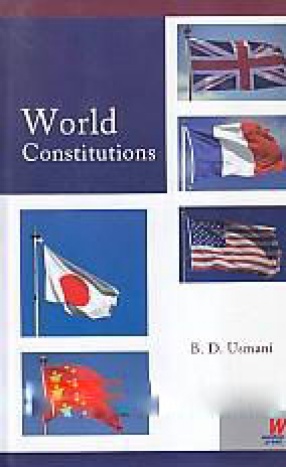
There are no reviews yet.